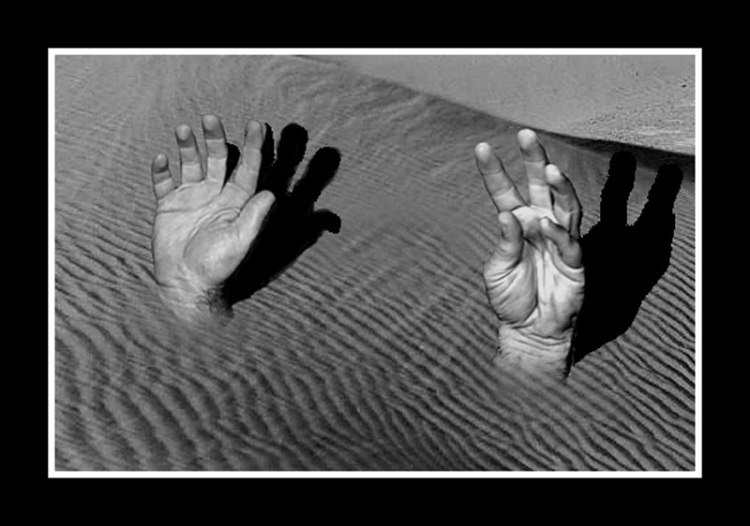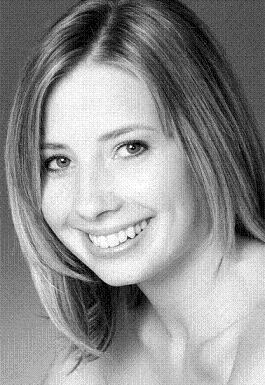 If you look up ‘work/life balance’ you get a stream of hits including the words, ‘beat burnout’, ‘reclaim control’, ‘family’ and ‘income equality’ in the header. It would seem this is a subject that has been looked into, you might even say researched and a lot. If you consider that the majority of people participate in work and life, then it’s not surprising, but I have to wonder if this oxymoron really exists. I’d like to be the optimist here and say undoubtedly yes, but I’m going to go with yet to be convinced.
If you look up ‘work/life balance’ you get a stream of hits including the words, ‘beat burnout’, ‘reclaim control’, ‘family’ and ‘income equality’ in the header. It would seem this is a subject that has been looked into, you might even say researched and a lot. If you consider that the majority of people participate in work and life, then it’s not surprising, but I have to wonder if this oxymoron really exists. I’d like to be the optimist here and say undoubtedly yes, but I’m going to go with yet to be convinced.
If you haven’t specifically sort advice on how to achieve better balance in your life it’s likely you haven’t missed out altogether. It’s everywhere – you read about it in the paper, magazines, on the internet, they discuss it on the morning news; a constant undercurrent in the daily grind, people are just so busy.
It’s said that we play an increasing number of roles in society today: workers, spouses, parents, friends, community volunteers, caretakers of elderly relatives etc. As a result careers are simultaneously juggled with raising a family, trying to maintain some semblance of a social life alongside keeping fit. It comes down to making choices between competing priorities and who wants to make a choice between work and family, money and health?
There’s no doubt that technological advancement is a front-running contributor to fast-paced living, with ‘digital-stress’ a recognised condition you’re now able to receive sick leave for in Sweden. Smartphones, tablets, phablets and laptops have made it easy to access work away from the desk, allowing us to lead addictive and possibly less effective multi-tasking lifestyles, where the line between work and private becomes blurred. This means that for many people work is no longer confined to traditional work hours and nor are work hours limited to paid time. It is expected that you will be available to continue communicating and working from wherever you are, because you can and because you should be passionate about your work. It’s a pressure cooker without an off switch and I think the effect this behaviour has on the individual and the wider social context is yet to be seen.
As Pilates instructors we’re in the business of helping people move towards a more physically functional place, which is a positive contribution to our clients lives and yet there are aspects surrounding the job that can make finding balance in our own lives difficult. We’re all familiar with the challenges we face since we deal with them on a regular basis and at the risk of sounding overtly cynical, I’m going to name a few – misconceptions about the industry, managing clients in private time, not being able to take the time you need off when you’re sick because clients become reliant on you, having to work constantly to earn enough without the security or benefits of employment, enforcing studio policies without losing clients, finding the time to work out, keeping energy levels up so each client receives the same focus, dealing with the continuing cost of education and lack of control in work hours and scheduling.
Much of the discussion surrounding work/life balance is about how to fix imbalance offering prescription-like tips for its achievement. From the list above it’s no secret as to why we might seek to restore what we perceive to be normalcy when work spills over. While these tips are useful to an extent, it implies that anything but balance is a problem, as well as the notion that it is a possible alternative, as if we have the power to control the unpredictability of life.
 Perhaps where we are now, looking to change the course of our lives through a goal-orientated approach, is taking us even further off track, having us spend too much time over-planning our lives at the expense of living them. I think we have to ask what the end game is and if the only options we have are juggling and balance? (Paula J Caproni, “Work/Life Balance: You Can’t Get There From Here”) Jean Paul Sartre said it well when he said, “Everything has been figured out, except how to live.” Yes a little structure and stability goes a long way, especially in our line of work, but life is messy and I wouldn’t want it any other way.
Perhaps where we are now, looking to change the course of our lives through a goal-orientated approach, is taking us even further off track, having us spend too much time over-planning our lives at the expense of living them. I think we have to ask what the end game is and if the only options we have are juggling and balance? (Paula J Caproni, “Work/Life Balance: You Can’t Get There From Here”) Jean Paul Sartre said it well when he said, “Everything has been figured out, except how to live.” Yes a little structure and stability goes a long way, especially in our line of work, but life is messy and I wouldn’t want it any other way.
Words by Jehane Lindley
